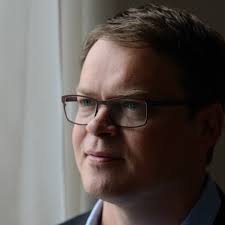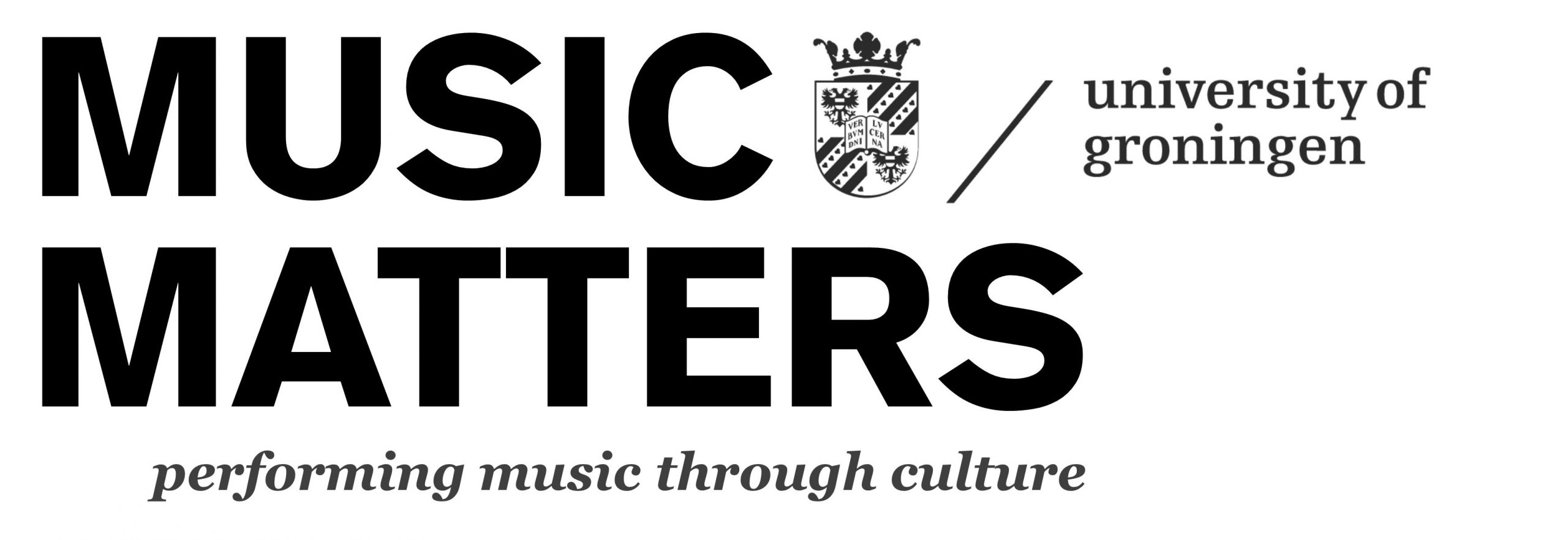 Fabian Holt is associate professor at Roskilde University, where he teaches in the Department of Communication and Business. He studied music history, with a concentration in jazz and American music, before joining Roskilde where he expanded his disciplinary expertise into the sociology of live music and cultural events. Holt was a post-doctoral fellow at The University of Chicago 2003-2004 and a visiting scholar at Columbia University in 2011. He has done fieldwork in Berlin, Chicago, and New York, among other places. His publications include Genre in Popular Music (Chicago, 2007) and the two co-edited volumes on music Musical Performance and the Changing City (with Carsten Wergin) and Popular Music in the Nordic Countries (with Antti-Ville Kärjä). Two forthcoming book chapters can be downloaded in preprint versions from Holt’s Academia.edu profile (https://ruc-dk.academia.edu/FabianHolt): “New Media, New Festival Worlds: Rethinking Cultural Events and Televisuality through YouTube and the Tomorrowland Music Festival” and “The Evolution of Corporate Sponsorship in Sensitive Cultural Spheres” (based on a case study of Red Bull Music Academy).
Fabian Holt is associate professor at Roskilde University, where he teaches in the Department of Communication and Business. He studied music history, with a concentration in jazz and American music, before joining Roskilde where he expanded his disciplinary expertise into the sociology of live music and cultural events. Holt was a post-doctoral fellow at The University of Chicago 2003-2004 and a visiting scholar at Columbia University in 2011. He has done fieldwork in Berlin, Chicago, and New York, among other places. His publications include Genre in Popular Music (Chicago, 2007) and the two co-edited volumes on music Musical Performance and the Changing City (with Carsten Wergin) and Popular Music in the Nordic Countries (with Antti-Ville Kärjä). Two forthcoming book chapters can be downloaded in preprint versions from Holt’s Academia.edu profile (https://ruc-dk.academia.edu/FabianHolt): “New Media, New Festival Worlds: Rethinking Cultural Events and Televisuality through YouTube and the Tomorrowland Music Festival” and “The Evolution of Corporate Sponsorship in Sensitive Cultural Spheres” (based on a case study of Red Bull Music Academy).
How Music Festivals Evolve into Pop Culture Events: A Sociological Argument
Festivals hold a special place in many musical cultures. One reason is music’s unique expressive and social powers in public performance and the synergies that arise from experiencing different voices of a musical culture in one event. Another reason festivals hold a special place in music cultures is its pre-modern mythical origins that continue to invoke images of community and cultural belonging in the modern world. The conventional meanings of festival culture, however, have changed dramatically in recent decades. Music festivals have become object of intense business development and deeply embedded in advertising and tourism economies. Are music festivals still ritual events in music cultures? Or have festivals become a culture industry format? Can they be both?
In this lecture, I take on the challenge of developing an argument for a more analytical explanation of what many music festival scholars in recent years have called commercialization and mainstreaming. My argument is that both of these terms simplify the power dynamics at play and that those dynamics can be more adequately explained by framing the transformation of music festivals in multiple processes within and beyond the culture industries. My argument focuses on three consecutive evolutions: The evolution of the music festival as a platform for the concert industry in the 1990s; the evolution of the music festival as a platform for mainstream business and society in the 2000s; and the evolution of the music festival as a social media event in the 2010s. Together, these evolutions shape the complex and sometimes contradictory dynamics of music festivals today. In conclusion, I consider the possible futures of music festivals outside the marketplace.
